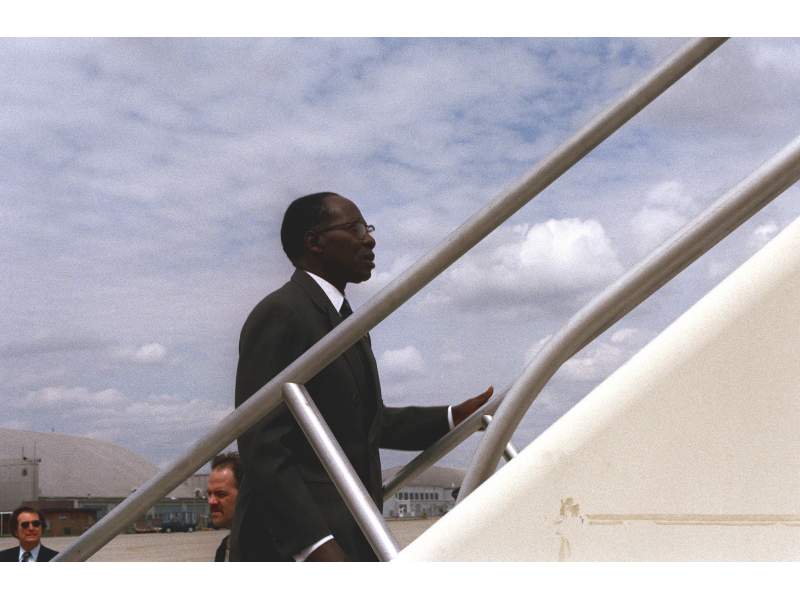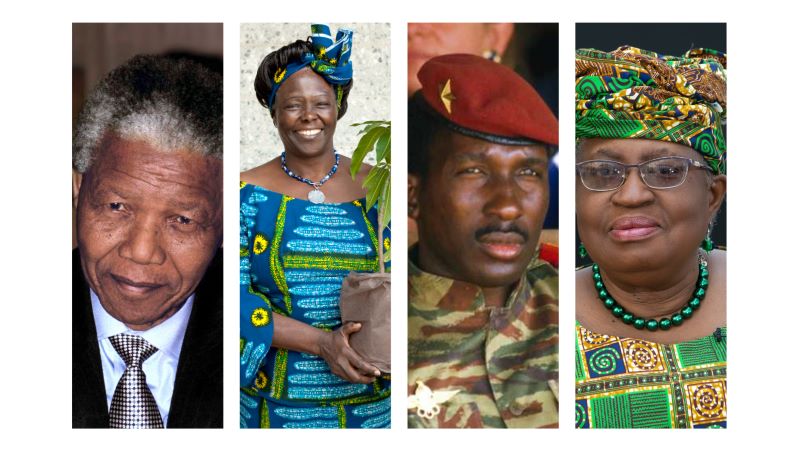Happy Independence Day, Senegal! On April 4th, 1960, Senegal formally declared independence from French colonial rule. Today we honor the country’s freedom, and its significance to the African diaspora, through exploring the legacy of revolutionary Senegalese leader Lèopold Sèdar Senghor and the concept of Negritude.
While furthering his education in Paris, Senghor bore witness to Africa’s contributions to western society, through development and various art forms.
During World War II, Senghor, as a part of an all-African army unit, fought in the French army. A year later, Senghor was captured and placed in a German concentration camp for two years. During this time, Senghor wrote many poems that illustrated the cold realities of being in captivity as a colonial African subject.

(French Colonial Soldiers or Tirailleurs Senegal) of WWII
In the poem ‘For the Senegalese Riflemen Who Died for France’, Senghor writes:
‘Ah! May I, one day, in a voice glowing like embers,
May I sing
The friendship of the comrades fervent as bowels
And delicate as entrails, strong as tendons.
Listen to us, Dead in the deep water
Plains of the northern and the eastern fields.
Receive this red soil, under a summer sun this redden soil
Blood of the white hosts
Receive the salute of your black comrades, Senegalese
Riflemen
DEATH FOR THE REPUBLIC!’
Senghor had an interesting relationship with France. He was the only Black person in France to work at a lycee and university in Paris, as well as the French academy, and also a French colonial prisoner of war. These contributions laid the foundation for his posting as a French Constituent Member, Senegal Deputy, and more.

(A Senegalese woman sells jewelry)
Throughout his life, Senghor’s carefully crafted poetry, life, and political activity atoned for ideas of estrangement and captivity as it translated to realities of what colonialism meant for Africans, in terms of their relationship with France and indigenous cultures during colonialism. Senghor is most known for being the co-founder of the Negritude Movement, a literary revolution between 1930 and 1950, made of African and Caribbean poets in Paris who campaigned for the abolition of both French colonial rule and colonial assimilation.
Negritude, which roughly translates to ‘Blackness’, was inspired by the Harlem Renaissance and created by Senghor, Lèon Dumas from French Guiana, and Aime Cesaire
from Martinique. This counter-culture ideology aimed to restore indigenous African cultural values to people in the African Diaspora existing under French colonial rule.
We honor the work of Lèopold Senghor and his contributions to the world.
Who’s your favorite African poet? Comment below!





